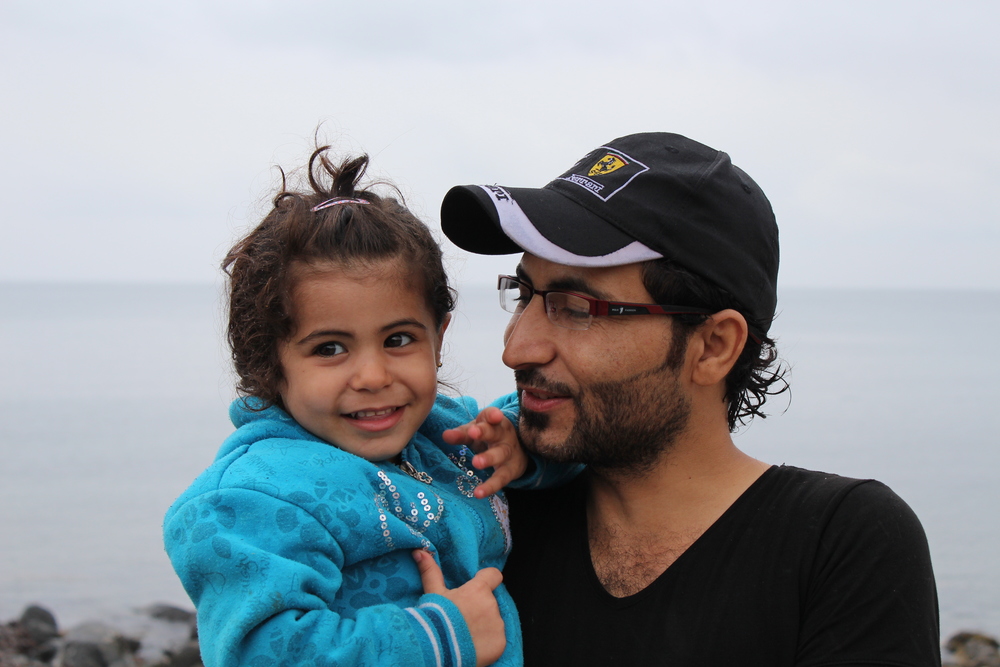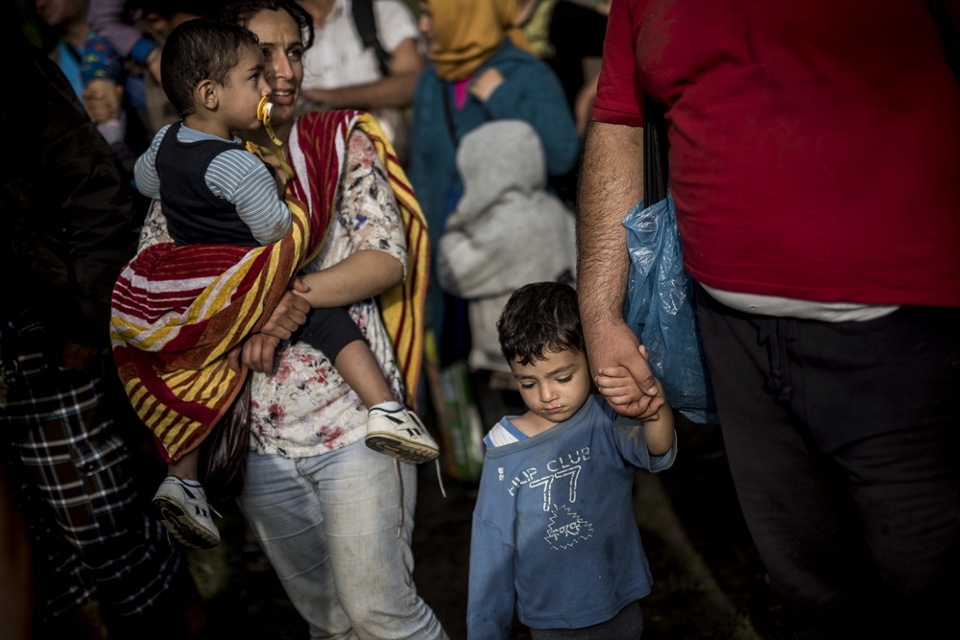Every migrant who sets out on a journey leaves behind a family.
Our natural focus is on the odyssey, and the crisis that drives people from their homes. But migration is much more than just about people fleeing conflict or seeking asylum. It affects many more people than those actually on the move and navigating hostile borders. Those left behind, out of the media spotlight, also carry a burden – both financial and emotional – in supporting loved ones on their journey.
This special feature focuses on two such families.
From a rock to a hard place
Lucky, who calls himself "Biggy", left Nigeria four years ago to make his fortune in Europe. He got no further than Morocco. He lives in tent in a forest, unable to go forward, unwilling to admit defeat and return home. Back in Nigeria he has an aged mother who prays her son will stay safe. She has no idea of the life he leads as an undocumented migrant, dodging police, living rough. She is confident that one day Lucky will get to Europe and help lift her out of poverty.
Read their story.
Taking the 'back way' out
Mohammed Lamin quit his job, borrowed money from his brother, and left the Gambia for Europe via the “back way” - the highly dangerous overland route to Libya through the Sahel, and then on to Europe on a smuggler's boat. He saw no real future for himself in the Gambia and felt obligated to try to better his family's prospects. Now that he’s “made it”, his family members hope the financial sacrifice that fell on them will be rewarded, while Lamin's elder brother is preparing to follow in his footsteps. Read their story.
Published on 8 October 2015
Cover photo by Jason Florio/MOAS.eu/IRIN
For more on migration, visit our Global Migrant & Refugee Crisis page
Or click on our recommended features below:
So much for sanctuary: how an EU asylum rule 'results in death'
The discovery of dozens of dead migrants in a truck in Austria has shed fresh light on how the overzealous use of EU regulations can have tragic consequences.
Europe doesn't have a migrant crisis, it has a Syrian crisis
Imagine Syria didn’t exist. The war never happened and no one had to flee. How would Europe’s migration crisis look then?











